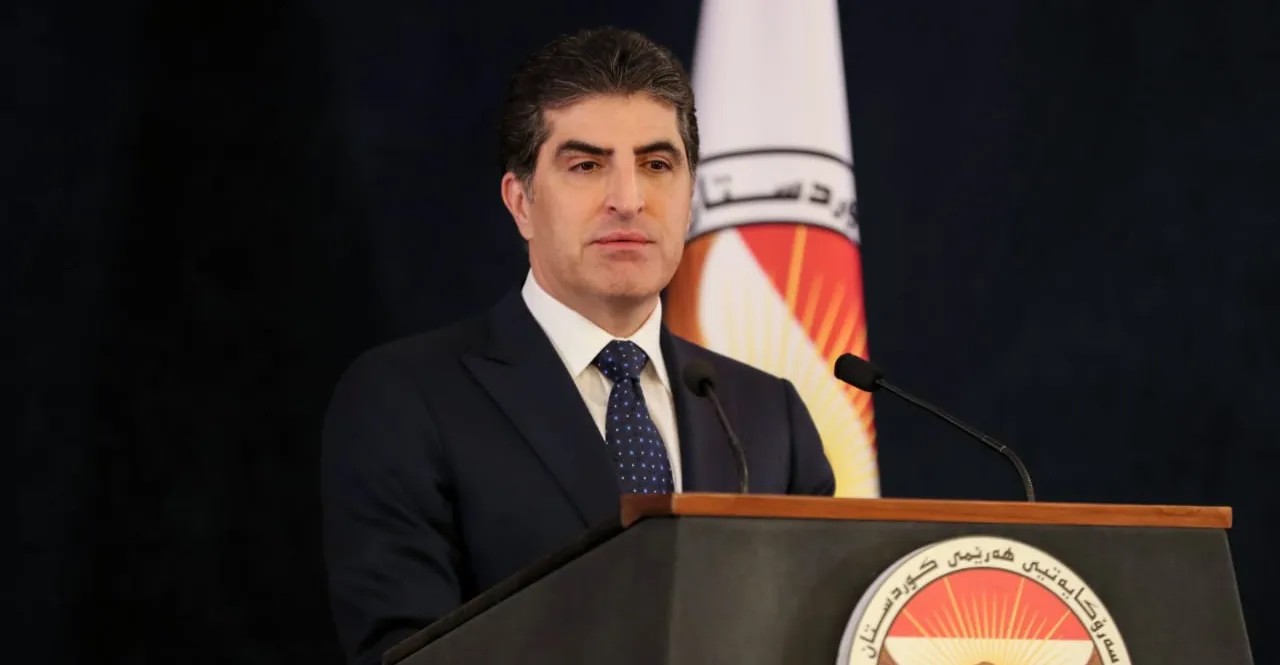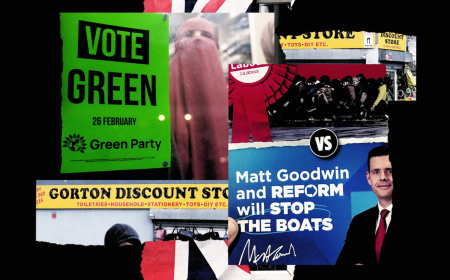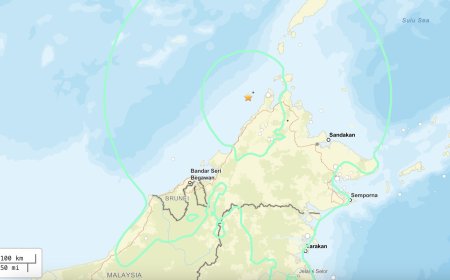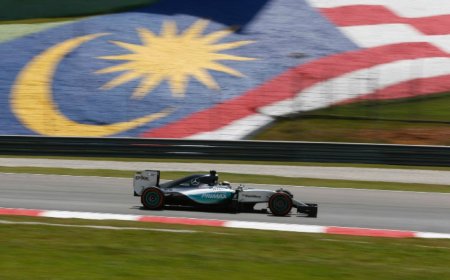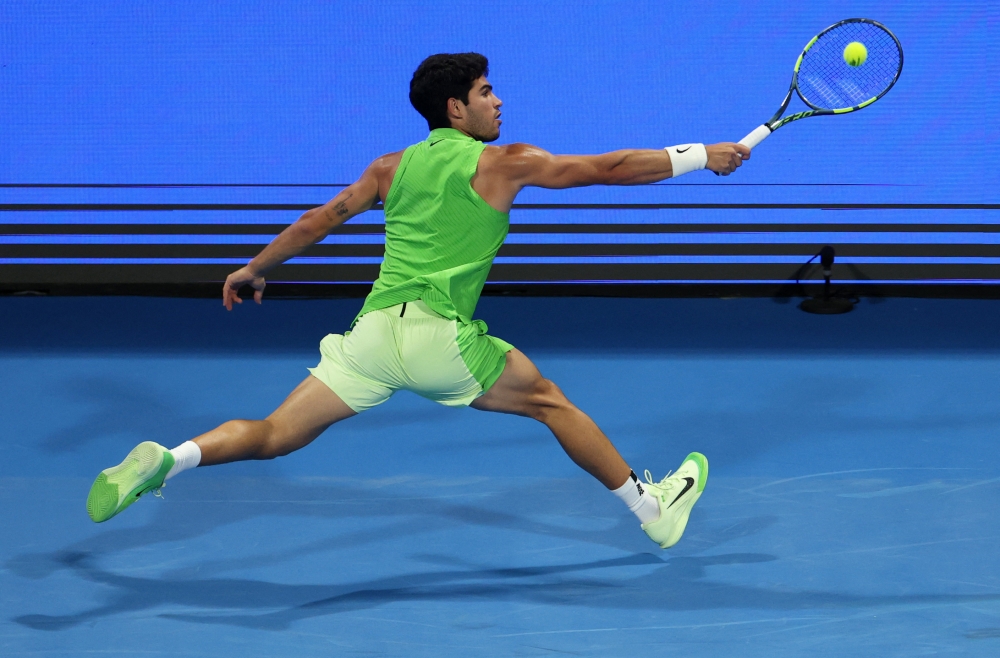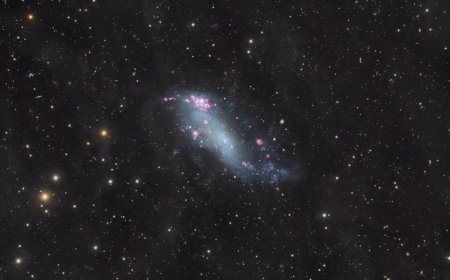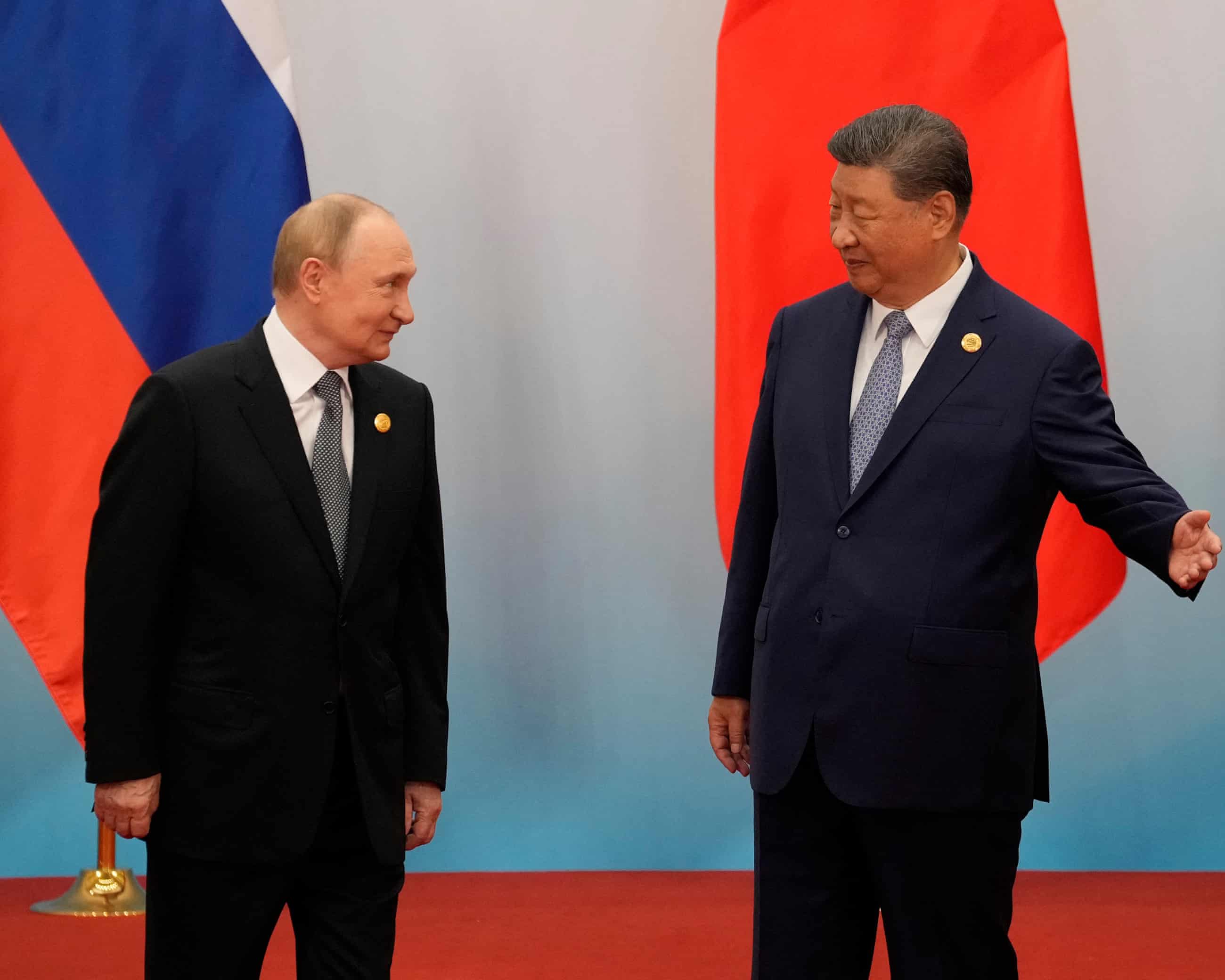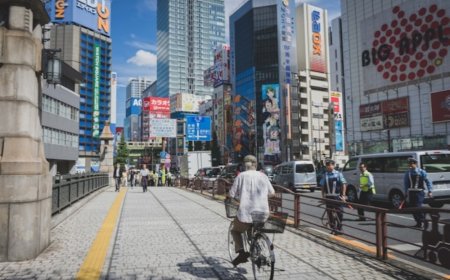Japan’s Iron Lady picks fight with China
Sanae Takaichi has not backed down on threat of military action if Beijing attacks Taiwan

Japan’s new prime minister has plunged her country into the most serious crisis with China in more than a decade, after threatening military engagement.
Less than a month into her new role, Sanae Takaichi has provoked fury in Beijing after telling parliament that a Chinese attack on Taiwan could trigger a response from Tokyo.
Shortly after, a Chinese diplomat in Japan intimated that she should be decapitated.
Since then, the situation has spiralled out of control with ambassadors summoned, flights between the two countries cancelled, tourists told to stay away, film screenings cancelled and China’s military insisting that Japan would be “crushed” if they dared to intervene. It could cost the Japanese economy £10 billion.
But Japan’s “Iron Lady” has not backed down.
This is the first major crisis for Ms Takaichi, a conservative who lists Margaret Thatcher as a heroine and who only came to office in late October.
It all began on November 7, when answering questions during her first Parliamentary address about how she would act during a “survival-threatening situation”.
Ms Takaichi used the example of an attack on Taiwan by China, saying it could trigger the deployment of her own country’s self-defence forces if the conflict posed an existential threat to Japan.
“The so-called Taiwan contingency has become so serious that we have to anticipate a worst-case scenario,” Ms Takaichi added.
Most experts expect that Japan would become involved in a Taiwan contingency, given that it has territory as close as 70 miles from Taiwan and it hosts more than 50,000 US troops on its soil.
Given the geography, former Japanese Prime Minister Shinzo Abe had similarly said while in office that “a Taiwan contingency is a contingency for Japan”, and Ms Takaichi claims that she was not deviating from this same long-held position.
But many in China saw her comments as an escalation.
China’s consul general Xue Jian in Osaka was the first to respond, reposting a news article about Ms Takaichi’s comments on social media with the caption, “cut off a dirty neck without a moment of hesitation”, which many understood as a threat to the Japanese prime minister.
The touchpaper was lit. Japan called the comments “extremely inappropriate” and lodged a protest at its embassy in China.
China pushed for Ms Takaichia to retract her comments, threatening that the remarks could “cause fundamental damage to the political foundation of China-Japan relations”.
In the nearly two weeks since the comments were first made, China has employed economic, cultural and even military pressure against Japan.
Both countries summoned each other’s ambassadors and Japan sent the chief of Asian and Oceanian Affairs at its foreign ministry, Masaaki Kana, to Beijing on Tuesday for a meeting with his Chinese counterpart. Details of what was discussed have not yet been released.
China’s military has also warned that Japan would “suffer a crushing defeat if it dared to militarily intervene” in a cross-Strait conflict, while the foreign ministry said that “Japan must stop playing with fire” because “those who play with fire will perish by it!”
Then, on Sunday, the Chinese coast guard sent a ship formation through the waters around Japan’s Senkaku islands, which are held by Japan but claimed by China, and have been the source of a long-standing dispute.
Japan also detected a suspected Chinese drone near its southern island of Yonaguni – the closest Japanese island to Taiwan – and scrambled fighter jets in response.
Domestically, China suspended the premieres of two Japanese films and has encouraged its citizens to stop travelling to Japan and has issued formal warnings about visiting Japan, claiming, without evidence, that Chinese nationals were being targeted by unspecified “criminal acts”.
After at least three Chinese airlines said they would waive the cancellation fee on Japan-bound tickets, nearly 500,000 travellers cancelled upcoming trips.
The travel advisory could cost Japan an estimated ¥2.2 trillion (£10.8 billion) and drag down the GDP by 0.36 percentage points, according to an estimate by Takahide Kiuchi, an executive economist at Nomura Research Institute.
But Ms Takaichi, who only sleeps for between two and four hours a night, has not lost any of that precious little shut-eye.
Many have accused China of overacting, but Drew Thompson, a senior fellow at the S. Rajaratnam School of International Studies in Singapore and the former Director for China at the US Department of Defence, said that China’s response is probably strategic.
“It’s possible that Xi Jinping is distracting from a deteriorating economy, growing dissatisfaction, and political turmoil at the highest ranks of the People’s Liberation Army,” said Mr Thompson, referring to China’s military.
China recently registered its worst investment decline in years, with consumption on its longest stretch of slowing growth since 2021. The government and military have also undergone waves of personnel changes amid nonstop purges at all levels.
While a public row with Japan could help to stir up some nationalistic pride and support for the government, it’s also possible that Mr Xi is looking to test Japan and its new prime minister – and Japan’s first female leader – right from the start, said Mr Thompson.
He added: “Beijing has consciously decided to escalate tensions in response to Japan’s routine political assessments of the national security consequences of China’s threats to use force to settle a political dispute.”
While it’s unlikely for the spat to escalate into a full-blown conflict, damage has been done and there could be more to come.
A social media account linked to China’s state media published a commentary over the weekend where it warned that Beijing “has made full preparations for substantive retaliation” and listed off potential consequences, which included sanctions and the suspension of economic, military and diplomatic relations.
China insists that it still wants a retraction. Ms Takaichi, whose stated goal is to become Japan’s ‘Iron Lady,’ has not backed down.
[Source: Daily Telegraph]
